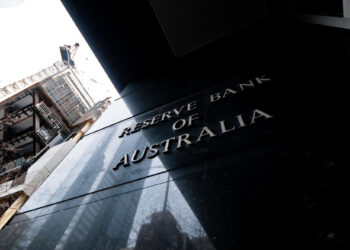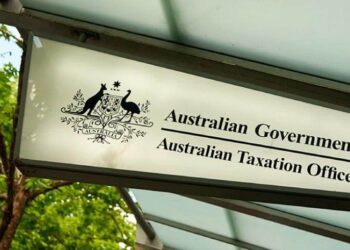While franking credits are a positive source of extra returns, super funds need to be taking the appropriate steps to mitigate the risks inherent in deliberately tilting Australian equity portfolios to maximise franking credit benefits, according to Parametric.
Investment adviser, Parametric described franking as “no free lunch” and said the risks associated were significant and potentially damaging for super funds, in a new research paper by Raewyn Williams, Martha Strebnger, Vassilli Nemtchinov, and Travis Bohon.
The report said that building a sound portfolio was key to lowering risks, but that investors needed to be aware of the difference between before-tax and after-tax.
“The research report says the importance of building better portfolios to derive the full benefits of franking credits is particularly relevant on an after-tax basis,” the report said.
“A franking-aware fund manager with sophisticated optimisation skills can construct a finely-tuned portfolio that best reflects exactly what the superannuation fund wants.”
After-tax, the report said there was a clear preference for the fund to receive franked dividends, which would provide a yield of 6.07 per cent for accumulation members, and 7.14 per cent for pension members, which then outperformed the unfranked dividend alternatives.
“What this means in a practical sense is that a superannuation fund’s Australian equity portfolio will, after tax, typically be making a bigger return contribution to the underlying member’s retirement goals than all the pre-tax performance reporting,” the report said.
It was predicted that higher-franking strategies would grow in interest to super funds, behind the development of the soon-to-be-renamed comprehensive income product for retirement (CIPR), the current high-profile trend.
“All of these trends are likely to make funds more, rather than less, interested in higher-franking strategies,” it said.




